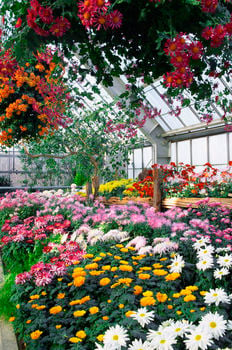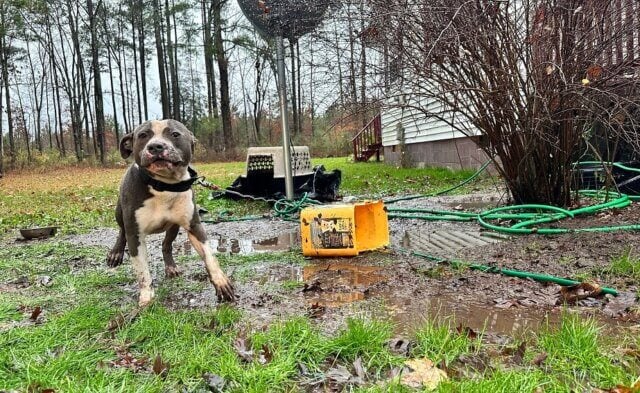A fabulous way to re-use “what your dog left off” is composted dog waste for your gardens. The American Pet Association estimates that 73 million dogs produce more than 6 million tons of dog waste per year. What’s worse, dog waste is generally scooped up in plastic bags that are harmful to the environment.
EnviroWagg is a Colorado-based company that has turned that statistic into black gold for gardens-Doggone Good Compost. It is dog waste compost for your garden. EnviroWagg partnered with selected dog waste companies whose goals were to reduce dog waste in our landfills. They collect and process dog waste from dog parks, doggie daycares, animal shelters, and pooper-scooper services.
The process is quite elaborate because the primary ingredient comes from a dog who is (typically) a meat-eating animal instead of the typical herbivore-initiated compost, and the compost must be suitable for standard retail situations. A compost recipe of pine bark, natural enzymes, and mycorrhizae is turned at high temperatures that reach 145 to 155 degrees. These high temperatures kill pathogens, but the necessary nutrients that plants need to thrive remain locked in.
Composting is rather simple. It requires only biologically derived matter, air, warmth, moisture, hungry organisms, and knowledgeable people to process it. Composting dog waste is similar to processing any organic substance, except that high temperatures need to be maintained. Recommended uses for this compost include in shrub and perennial gardens, containers, and potted plants.
However, dog waste compost should not be used on vegetables, such as tubers (potatoes, beets, etc.), or near vegetables that may be dropped during harvesting. It’s also important to note that you should never add dog waste to your own compost bin, because processing it for use in your own garden requires both high heat and careful sanitation.






